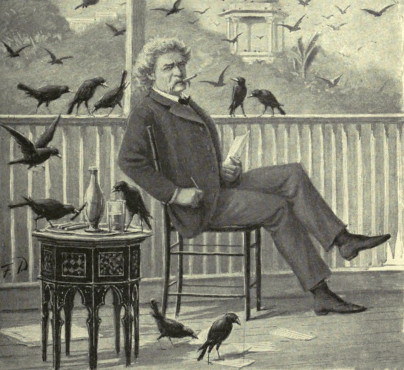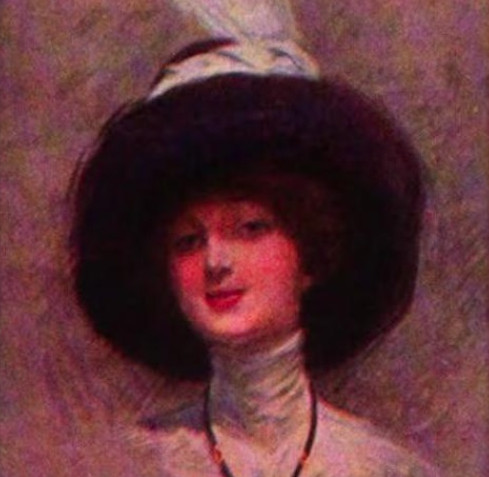Mark Twain? Arthur T. Pierson? Apocryphal?

Question for Quote Investigator: To experience a joyful event completely one should share it with others. I think Mark Twain made a point similar to this in his collection of sayings called “Pudd’nhead Wilson’s New Calendar”. Would you please help me to find a citation?
Reply from Quote Investigator: In 1897 Mark Twain released a travel book titled “Following the Equator: A Journey Around the World”, and the 48th chapter presented the following epigraph. Boldface added to excerpts by QI:1
Grief can take care of itself; but to get the full value of a joy you must have somebody to divide it with. —Pudd’nhead Wilson’s New Calendar.
Below are additional selected citations in chronological order.
Continue reading “Quote Origin: To Get the Full Value of a Joy You Must Have Somebody To Divide It With”



